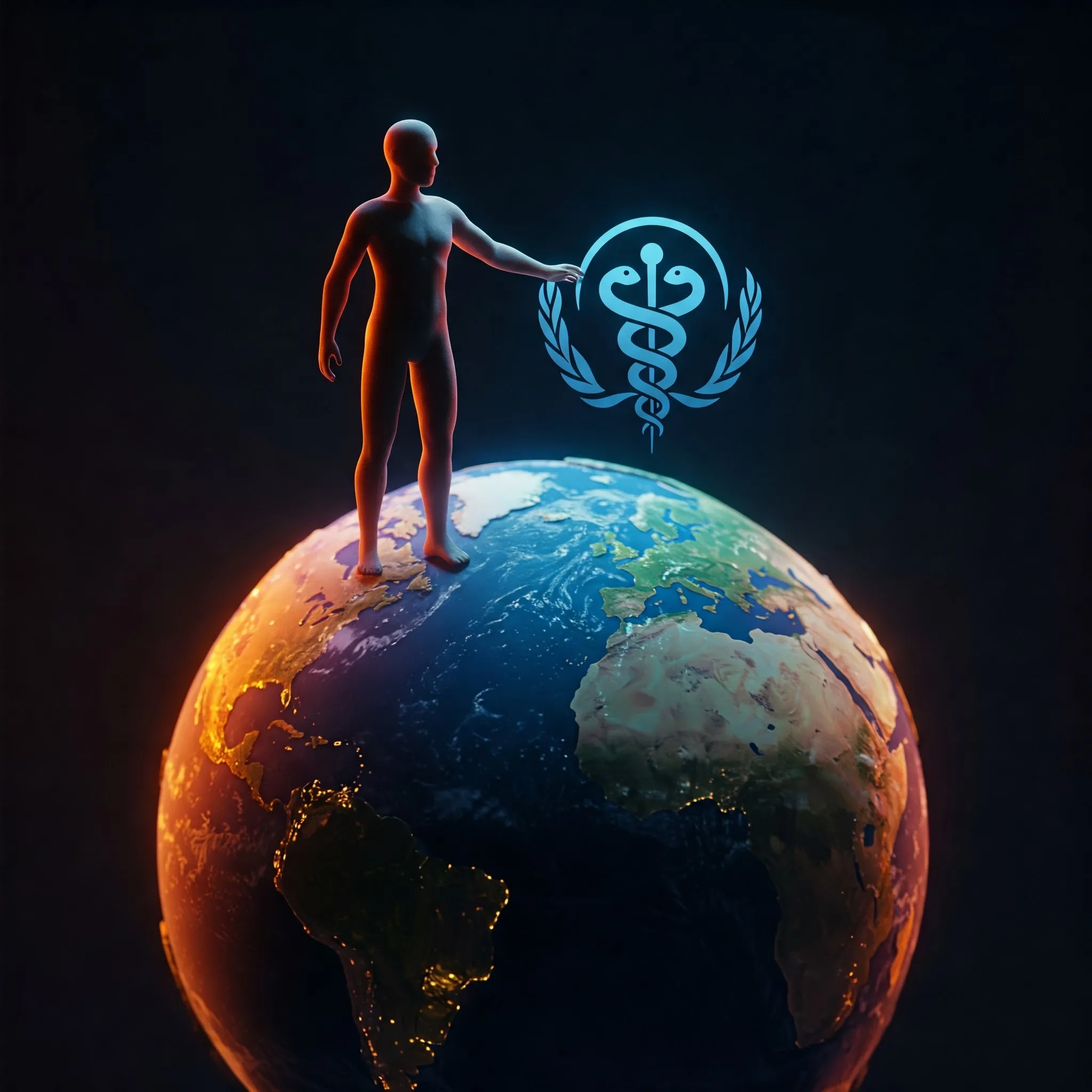On This Day Today
WHO established and World Health Day
Last Updated
6th April, 2025
Date Published
6th April, 2025
Share This Post With Someone

The World Health Organization (WHO) stands as a pivotal institution in global health governance, shaping international responses to health challenges since its inception. Understanding its historical evolution, from its origins in post-World War II diplomacy to its modern-day role, provides critical insights into the interplay of health, politics, and international cooperation—key areas of focus for aspirants preparing for competitive examinations.
Key Points:
- Origins in 1945: The idea of a global health body emerged during the United Nations (UN) formation talks in 1945, proposed by Brazilian and Chinese delegates at the San Francisco Conference to address international health coordination.
- Constitutional Drafting: In 1946, a Technical Preparatory Committee met in Paris (March 18–April 5) to draft proposals, which were finalized at the International Health Conference in New York (June 19–July 22), where WHO’s Constitution was adopted and signed by 61 nations.
- Entry into Force: WHO officially began on April 7, 1948, when its Constitution was ratified by 26 UN member states, a date now celebrated annually as World Health Day.
- Interim Commission: From 1946 to 1948, an Interim Commission managed health activities, bridging the gap between earlier organizations and WHO’s formal establishment, ceasing operations on August 31, 1948.
- Pre-WHO Health Efforts: The need for WHO arose from historical public health challenges, with roots in the International Sanitary Conferences (1851–1938), which tackled cholera and plague but lacked enforcement power.
- UN Specialized Agency: Per its Constitution (Preamble and Article 69), WHO operates as a specialized UN agency, focusing on health equity and well-being globally.
- Early Milestones: Post-1948, WHO tackled major diseases (e.g., smallpox, malaria) and established the Global Health Histories project in 2004 to document health progress over decades.
- Constitutional Ratification: The Constitution took effect after ratification by 26 of the 61 signatory states, with the first World Health Assembly convening in Geneva on June 24, 1948, attended by 53 of 55 member states.
- Health Definition: WHO defines health as “a state of complete physical, mental, and social well-being, not merely the absence of disease or infirmity,” setting a holistic benchmark.
- Global Health Challenges: Since 1948, WHO has addressed evolving public health issues, requiring science, solutions, and solidarity, as reflected in its ongoing historical narrative.
- Mission Continuity: WHO’s work remains rooted in its 1948 principles of equity, integrity, and inclusion, adapting to modern challenges while preserving its foundational ethos.
Key Terms:
- International Sanitary Conferences: Early global meetings (1851–1938) to control epidemic diseases like cholera.
- WHO Constitution: Legal framework adopted in 1946, effective from 1948, guiding WHO’s mission.
- World Health Day: Annual commemoration on April 7 marking WHO’s establishment.
- Interim Commission: Temporary body (1946–1948) that managed health activities pre-WHO.
- Global Health Histories: WHO project started in 2004 to analyze health history for future strategies.
- UN Specialized Agency: Status designating WHO’s role within the UN system for health governance.
- Health Equity: Principle of ensuring fair access to health resources for all populations.